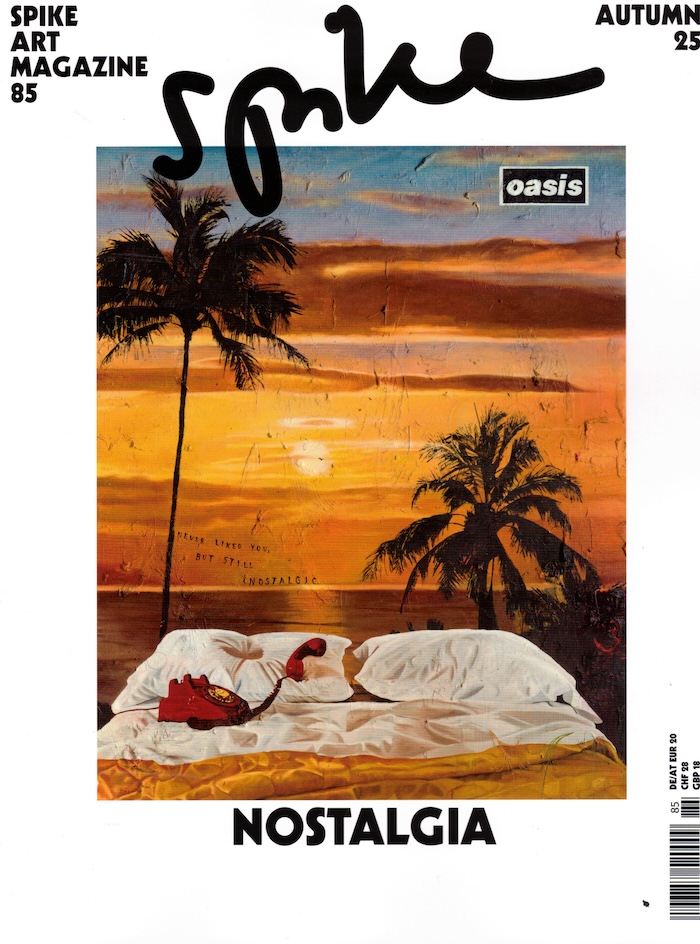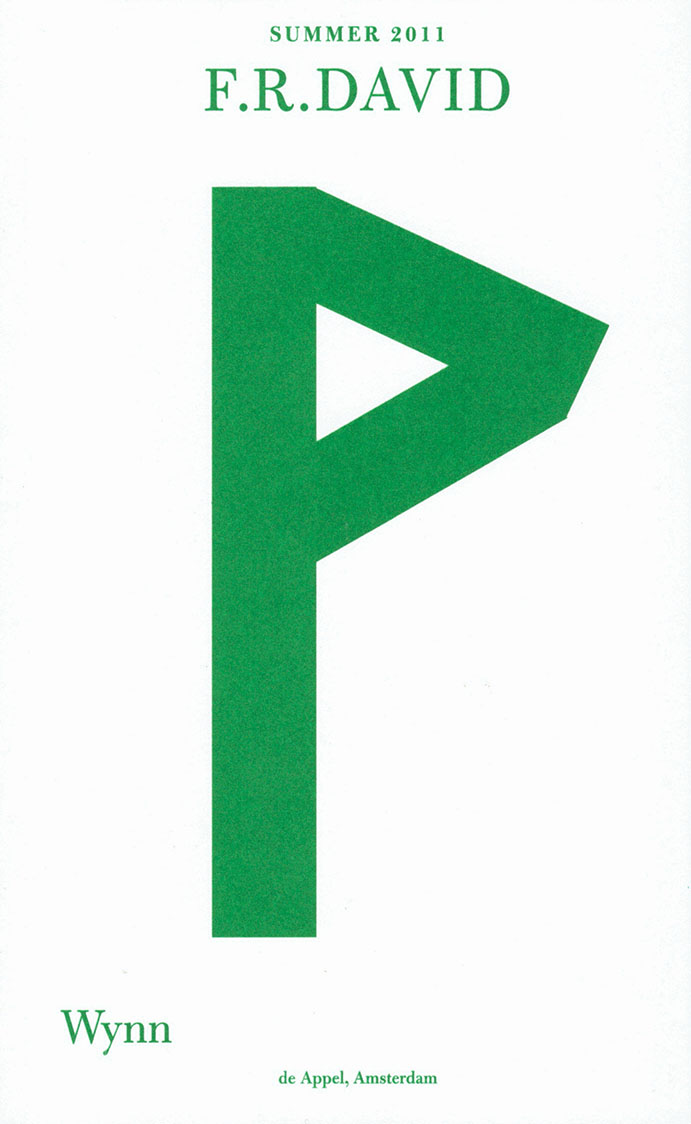
Spike #71 – Couples
Rita Vitorelli ed.
For the latest Spike – #71: Couples—we're seeing double. This one is dedicated to partnerships in life, love, law, and labour. Whether you're a serial monogamist, married to your job, or sublimating your crushy feelings into all that you create, it's tough to deny the role that romance—or its absence—plays in shaping our subjectivities.
Might coupling be key to seeing beyond the self, opening us up to a more expansive, collaborative (co)existence? And do relationship breakdowns parallel wider social strife? Can the dusty old dyad be reconceived as radical? What happens when art-world couples blend business and pleasure?
Curl up with your soul mate—or settle into singledom—and grab a copy to read about the uses of love beyond love; the motivation posed by muses and rivals; psychoanalytic takes on partners' promises; along with artist-couples, curatorial duos, rom-com heroes, spectres, fembots, and beyond.
With Chris Kraus, Asa Seresin, Whitney Mallett, Alenka Zupančič, Johanna Hedva, Sam Kriss, Calla Henkel & Max Pitegoff, Genesis & Lady Jaye Breyer P-Orridge, Darian Leader & Jamieson Webster, Eva & Franco Mattes, Tea Hacic-Vlahovic, and many more.
Founded by the artist Rita Vitorelli in 2004, Spike (Spike Art Quarterly) is a quarterly magazine on contemporary art published in English which aims at sustaining a vigorous, independent, and meaningful art criticism. At the heart of each issue are feature essays by leading critics and curators on artists making work that plays a significant role in current debates. Situated between art theory and practice and ranging far beyond its editorial base in Vienna and Berlin, Spike is both rigorously academic and stylishly essayistic. Spike's renowned pool of contributing writers, artists, collectors and gallerists observe and reflect on contemporary art and analyse international developments in contemporary culture, offering its readers both intimacy and immediacy through an unusually open editorial approach that is not afraid of controversy and provocation.







